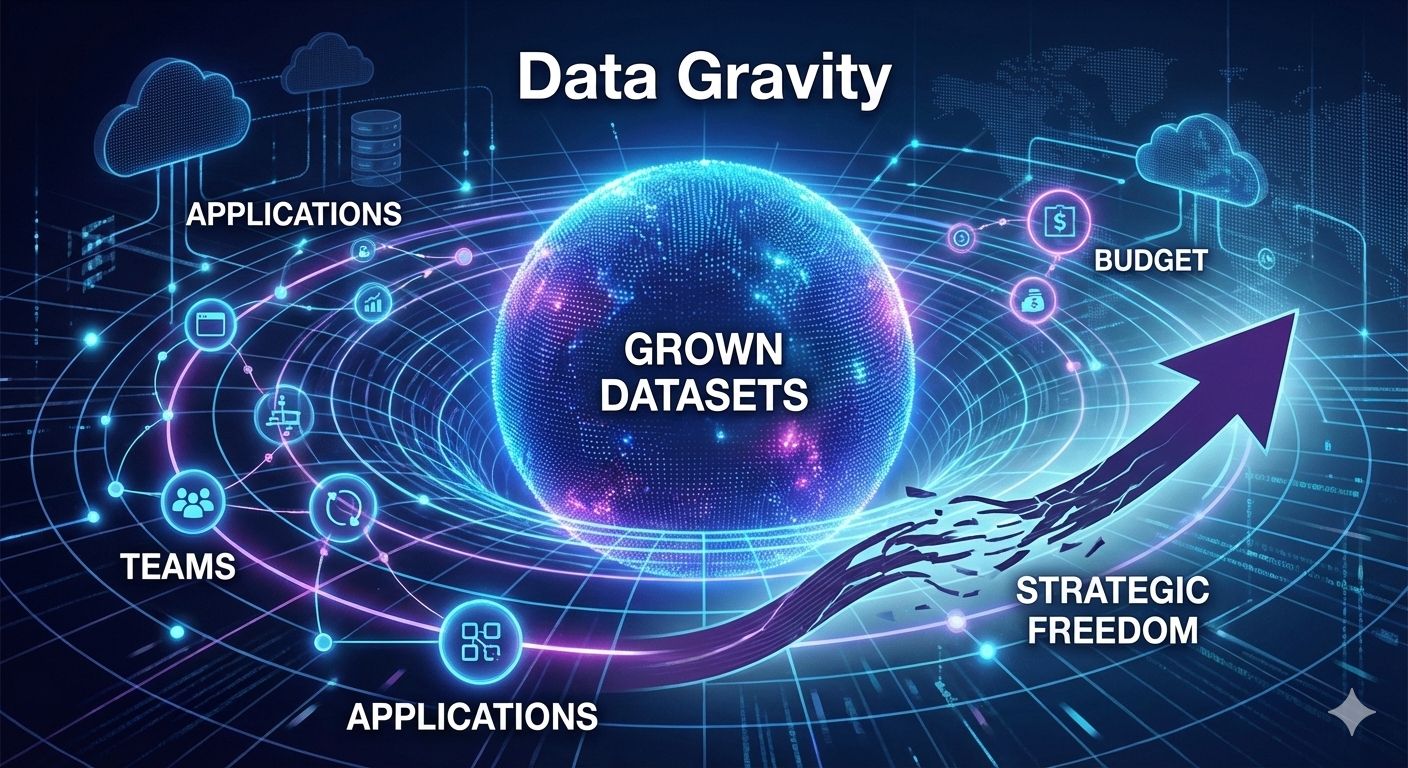For decades, many business decisions were made on gut feeling or seniority. A leader’s intuition could dictate product launches, hiring, or strategy. Sometimes it worked; often it didn’t.
Today, that approach is risky. In the digital era, speed and accuracy matter too much to rely only on instinct. Data is now the fuel of digital transformation guiding organisations from silos to unified platforms, from guesswork to insights, and from reactive decisions to predictive intelligence.
Why Data Is the Fuel of Transformation
Breaking Free from Silos
Traditionally, marketing, finance, and operations all kept their own data. This siloed approach meant wasted effort, inconsistent truths, and slower decisions. Transformation demands unified platforms where everyone works from the same source of truth.
Real-Time, Not Retroactive
Reports used to arrive monthly or quarterly too late to act. Now, real-time dashboards allow businesses to respond instantly to customer behaviour, supply chain changes, or cost fluctuations.
From Descriptive to Predictive
With AI and machine learning, analytics doesn’t just describe the past it predicts what’s next and even recommends actions. That shift turns data into a competitive advantage.
From Gut Feeling to Fairness
Shifting to data-driven decisions isn’t about removing human judgment, but about making it fairer and more transparent:
Old Way: “We’ve always stocked this product; let’s do it again.”
New Way: “Data shows customer churn spikes after week three. Let’s fix onboarding there.”
Why It Matters
- Fairness: Facts, not politics, guide investment and recognition.
- Speed: Dashboards replace guesswork with instant clarity.
- Trust: Teams see why decisions are made, not just who made them.
Example: A retailer once relied on intuition to manage inventory. Some stores overstocked, others ran out. After adopting real-time analytics, stocking matched demand boosting sales and reducing waste.
Challenges in Becoming Data-Driven
- Poor Quality: Bad data leads to bad decisions.
- Cultural Resistance: Leaders used to “gut calls” may resist transparency.
- Skills Gap: Data literacy is as important as data itself.
- Over-Reliance: Not everything can be reduced to numbers human context still matters.
Building a Data-First Culture
To truly embed data into transformation, organisations should:
- Unify Sources – Break silos with integrated platforms.
- Ensure Quality & Governance – Reliable data builds trust.
- Train Teams – Analytics literacy must extend beyond data scientists.
- Start Small, Scale Fast – Use pilot projects to demonstrate value, then expand.
- Balance Data with Judgment – Let facts guide, but people decide.
In transformation, cloud may be the core, but data is the fuel. It makes organisations faster, fairer, and more competitive.
The shift from gut feeling to data-driven decisions doesn’t eliminate intuition; it elevates it. Data provides the evidence, while human judgment adds wisdom and context. Together, they create a decision-making model fit for the digital era.
Next in this series: Agility & Operating Models why transformation requires not just new tools, but new ways of working.




